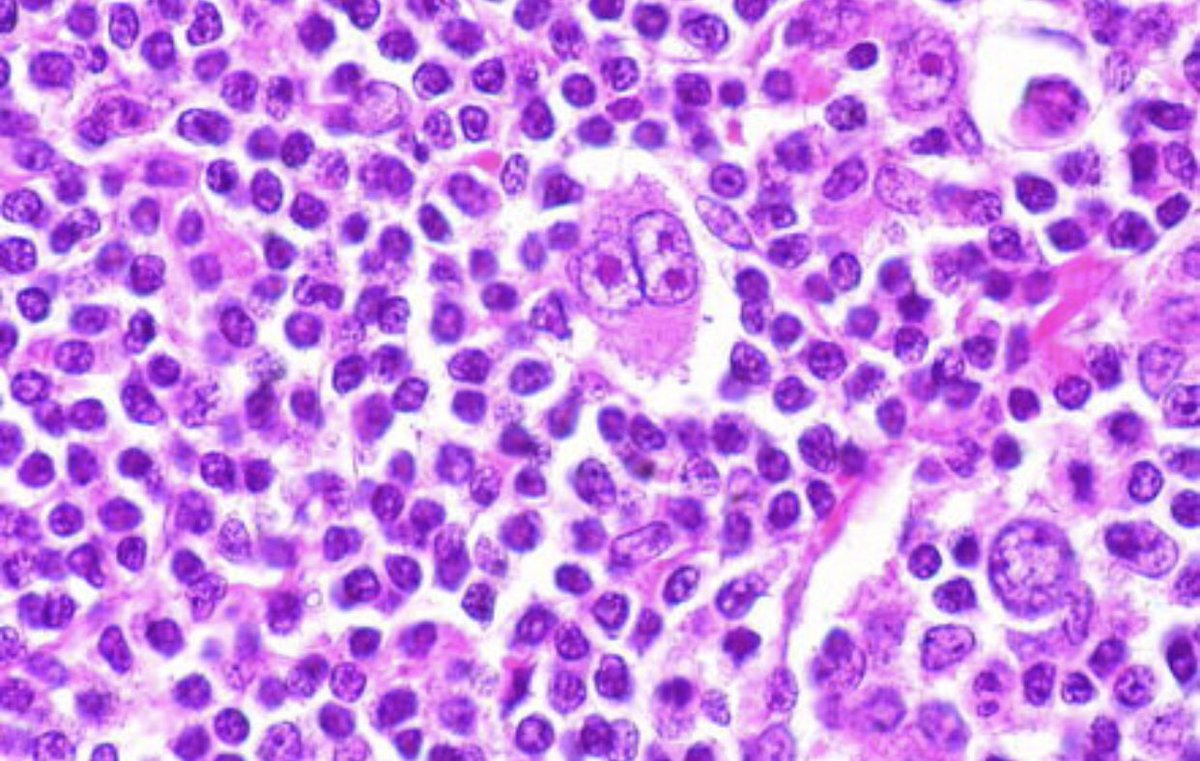
1/The COVID virus doesn't know political borders or geography.
Countries which controlled the pandemic from the outset made 1) the politically & economically hard decision of closing borders except through quarantined entry, and 2) test/trace/isolate within.
Countries which controlled the pandemic from the outset made 1) the politically & economically hard decision of closing borders except through quarantined entry, and 2) test/trace/isolate within.
2/ Depending on how many cases were already inside, some countries had to also implement universal masking and distancing. Countries which managed to seal borders before significant amount of cases got inside the country could get away with limited masks and distancing measures.
3/ Countries where COVID could not be controlled in time unfortunately ended up with large numbers of affected people. Masks & distancing are needed to limit spread & save lives until a definitive solution could be implemented. We have a highly promising solution now: Vaccines.
4/ So far data indicates that countries that have vaccinated at high rates have seen the number of cases and deaths plummet. This is great. If we are lucky, the vaccines will protect also against serious disease caused by variant strains.
5/ Countries that managed to keep COVID under control so far (Eg Australia, NZ, S. Korea etc) continue to have a susceptible population. So they really cannot change the current border control & other preventive measures till a sufficient proportion of their public is vaccinated.
6/Ultimately for the world to return to near normal we need to vaccinate 70-80% of the population, globally. A massive task. But doable.
I also feel we are headed to annual boosters.
I also feel we are headed to annual boosters.
7/ The silver lining, if any, is that the discoveries and the lessons learnt during this pandemic will help mitigate a whole host of other medical problems. Including new treatments and vaccines that can be developed rapidly.
8/ In spite of everything going on I'm optimistic long term.
9/For countries like India which are experiencing a massive increase in cases this may seem totally unrealistic. But I think with masks, distancing, and rapid vaccination, things can be brought into control.
9/For countries like India which are experiencing a massive increase in cases this may seem totally unrealistic. But I think with masks, distancing, and rapid vaccination, things can be brought into control.
• • •
Missing some Tweet in this thread? You can try to
force a refresh








